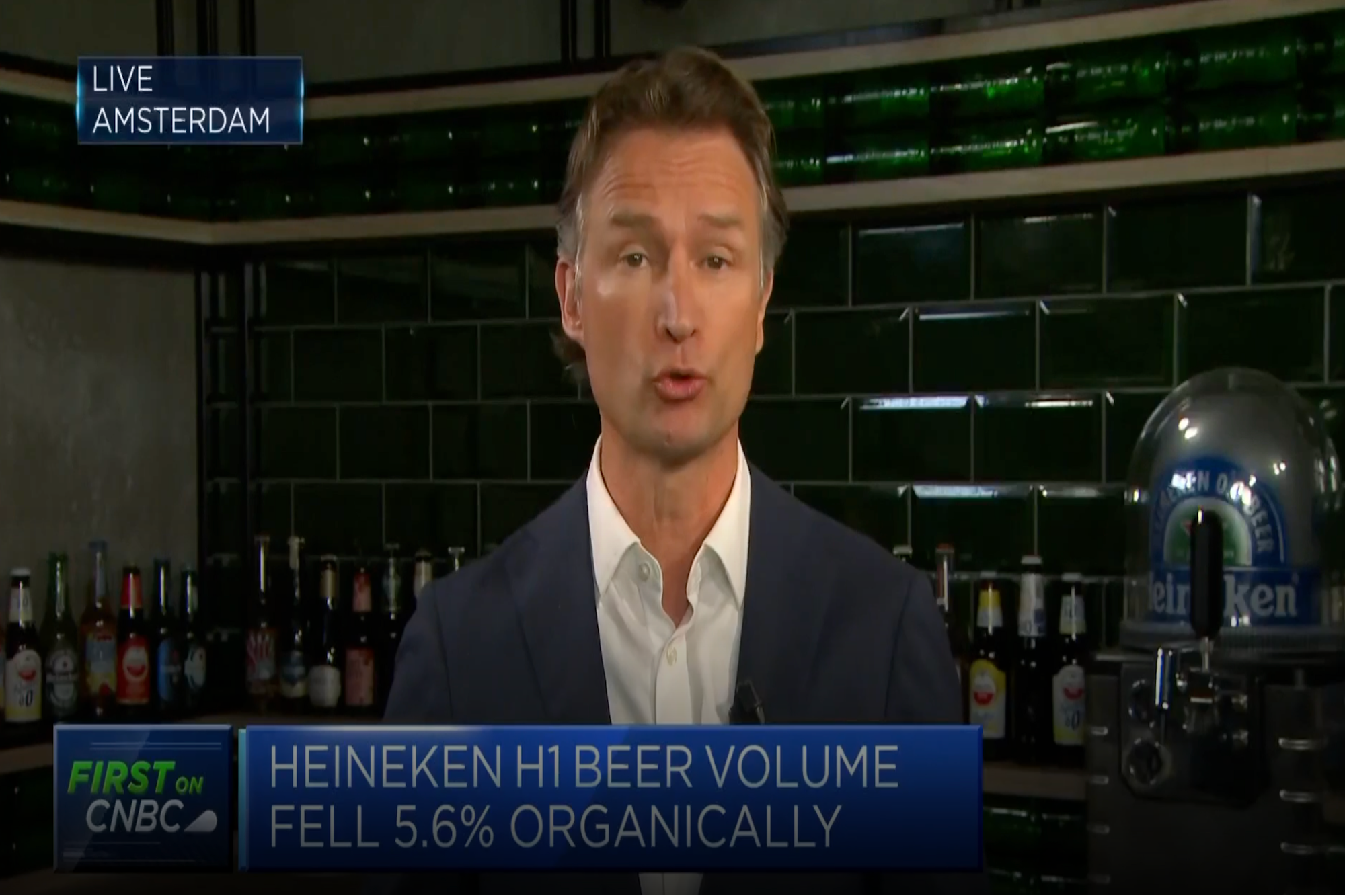肠道细菌可能Be the Key to Weight LossA new study adds to the growing evidence that weight is influenced by our microbiomes.
ByLaura Entis•
Opinions expressed by Entrepreneur contributors are their own.

That each of us is home to trillions of bacteria is old news at this point. The impact these resident microbes have on our bodies, however? Researchers have only begun to scratch the surface of that one.
There are still many unknowns, but a growing body of evidence suggests the unique blend of bacteria in each of our guts helps dictate our likelihood of becoming obese, glucose intolerant and diabetic, among other conditions.
It may also influence how our bodies respond to individual foods.A recent study, in which Eran Elinav and Eran Segel from the Weizmann Institute of Science monitored the blood-glucose levels of 800 participants directly after they consumed various foods, found that responses varied significantly among individual volunteers.
For some, blood-sugar levels jumped after eating the usual suspects like ice cream or chocolate. For others, the same outcome was induced by bananas or tomatoes. Counterintuitively many participants' glucose levels spiked after consuming brown rice, says Segel. "In the end, every person had surprising examples."
In his view, this is the problem with modern-day dieting: it's based on general recommendations that, on an individual basis, are often counterproductive. (Lowered blood-glucose levels are correlated with weight loss.) "We believe this may partially explain why diets in general are failing," Segel says.
Related:Another Large-Scale Study Just Justified Your Coffee Habit
While participants' reactions to foods were influenced by a range of factors, including expected ones such as age and weight, they were also affected by the composition and diversity of their gut bacteria. In the future, Segel hopes to develop personalized diets for people by profiling their microbiomes via stool samples.
Isolating a bacteria that protects against weight gain
If our microbiomes influence how we respond to particular foods, it stands to reason they also impact our weight. Several studies suggest this, including research by Jeff Gordon that showsobesity can be transmitted through microbes transplants in mice.
"There are major differences in the diversity between fat and thin people but we only know a few of the key microbes," says Tim Spector, a professor of genetic epidemiology at King's College London and the author ofThe Diet Myth.
And so the search continues to identify individual bacteria strains that directly inhibit weight gain.
A new study, published today inCell, offers some potential clues.
In the study, researchers from the University of Geneva exposed mice to cold temperatures (43 degrees Fahrenheit) for approximately four weeks to mimic the effect of exercise.
In response to the chilled conditions, the mice developed a higher percentage of heat-generating, calorie-burning beige fat.
As a result, despite eating more, initially they lost weight. But after about three weeks, the weight returned. Because their beige-fat percentages remained elevated, the question became: Why?
When the researchers opened up the mice, they found their probable answer: The rodents' intestines had grown in both size and surface area and were therefore able to absorb more nutrients from a relatively stable food intake, explains study author Ozren Stojanovic. Essentially, the larger and more absorptive intestines counteracted any weight loss that would have resulted from the higher percentage of beige fat.
Related:Those Calorie Counts on Fast-Food Menus? They Aren't Working.
For the mice -- who were burning more calories due to the frigid conditions -- this adaption was useful. For our ancestors, who lived in an environment where calories were precious, a large, efficient intestine would have also likely been a competitive advantage. Nowadays, in developed societies at least, the equation has changed. "It's not necessarily so nice because there is so much food around," says Stojanovic. While additional research is needed, he suspects obese individuals have larger intestines than their leaner peers.
Next, the researchers investigatedwhythe mice developed larger intestines in colder conditions. And – surprise! – it had to do with bacteria.
First, it's important to note that both changes in the cold-induced mice were linked to shifts in their gut microbes. (When their bacteria were transplanted into the stomachs of mice raised in a germ free environment, the germ free mice produced more beige fat and developed larger intestines, too.)
One individual bacterium strain revealed itself to be of particular importance. When mice were exposed to cold temperatures, their levels ofA. muciniphilasignificantly decreased as their intestines grew.
Fascinatingly, when the cold-induced mice were orally exposed to additionalA. muciniphilathey produced just as much beige fat, but their intestines did not grow as large. In other words, it appears the presence ofA. muciniphilainhibited their intestines from absorbing as many calories. Because it did not prevent their production of beige fat, these mice lost weight.
This, says Stojanovic, could be an indication that the strain of bacterium helps negate weight gain by preventing the intestine from absorbing as many calories. It's important to note, of course, that (obviously) mice are not humans. We are far more complex, and a bacterium's impact on mice likely won't translate neatly, if at all.
Still Stojanovic believes if nothing else, his study suggests that bacteria have the power to influence weight. And in the future, we may be able to harness it to treat obesity and other weight-related conditions.
Related:Processed Meats Like Bacon, Hotdogs Linked to Cancer, World Health Organization Says











